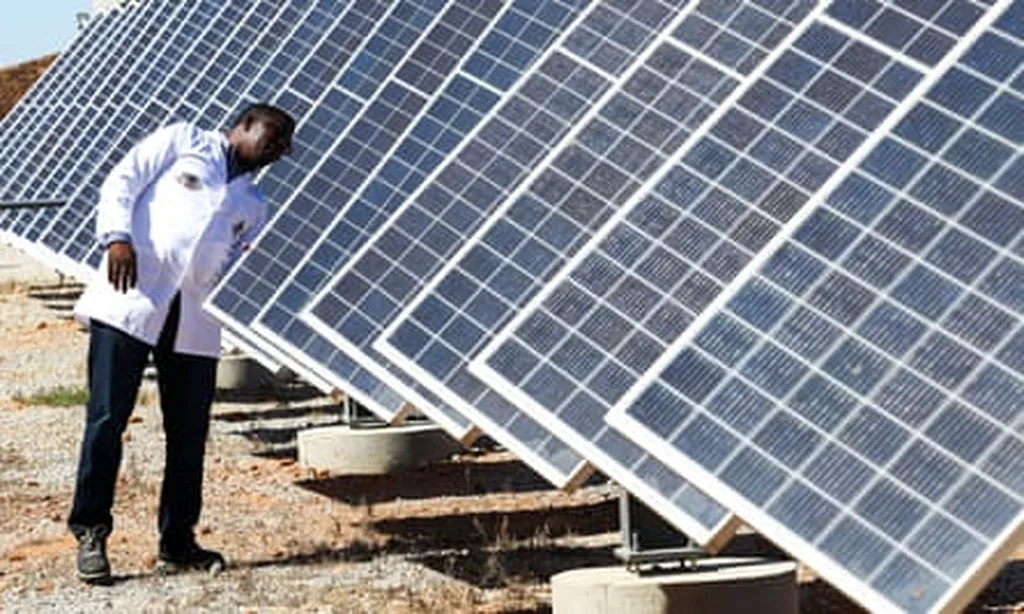In a significant stride towards sustainable energy, researchers have demonstrated a promising pathway for green hydrogen production that integrates electrolysis, water treatment, and solar energy. The study, published in the journal “Frontiers in Chemical Engineering,” explores the techno-economic feasibility, efficiencies, environmental impact, and sustainability of this integrated system.
Lead author Afreenuzzaman Badruzzaman, whose affiliation is not specified, and his team investigated various combinations of water pretreatment and solar energy input to produce green hydrogen. The research highlights the potential of using treated sewage effluent instead of deionized water, making the process more economical and sustainable.
The study evaluated different scenarios, including reverse osmosis (RO) and ultrafiltration (UF) for water pretreatment, and photovoltaic (PV), solar thermal (ST), and parabolic trough collector (PTC) systems for solar energy input. The findings reveal that concentrated solar power (CSP) scenarios have the highest capital expenditure (CAPEX), roughly four times that of PV cases and seven times that of national grid cases. However, using solar energy sources like PV, ST, and PTC results in high material efficiency (94.87%) and environmental efficiency (98.34%), while also reducing CO2 emissions by approximately 88% compared to the national grid.
“Our study shows that integrating electrolysis with water treatment and solar energy can significantly enhance the sustainability and economic viability of green hydrogen production,” said Badruzzaman. The process’s economic sustainability averages 57%, but it could reach 90% if hydrogen production costs fall to $2.08-$2.27 per kg.
The research provides a viable pathway for producing green hydrogen that is technically feasible, environmentally sustainable, and economically viable. This integrated approach could shape future developments in the energy sector, particularly as the world shifts towards sustainable, green energy solutions.
As the global interest in hydrogen as an alternative fuel grows, this study offers a promising avenue for the energy sector to explore. By leveraging renewable energy sources and innovative water treatment methods, the production of green hydrogen can become more efficient and sustainable, paving the way for a cleaner energy future.

